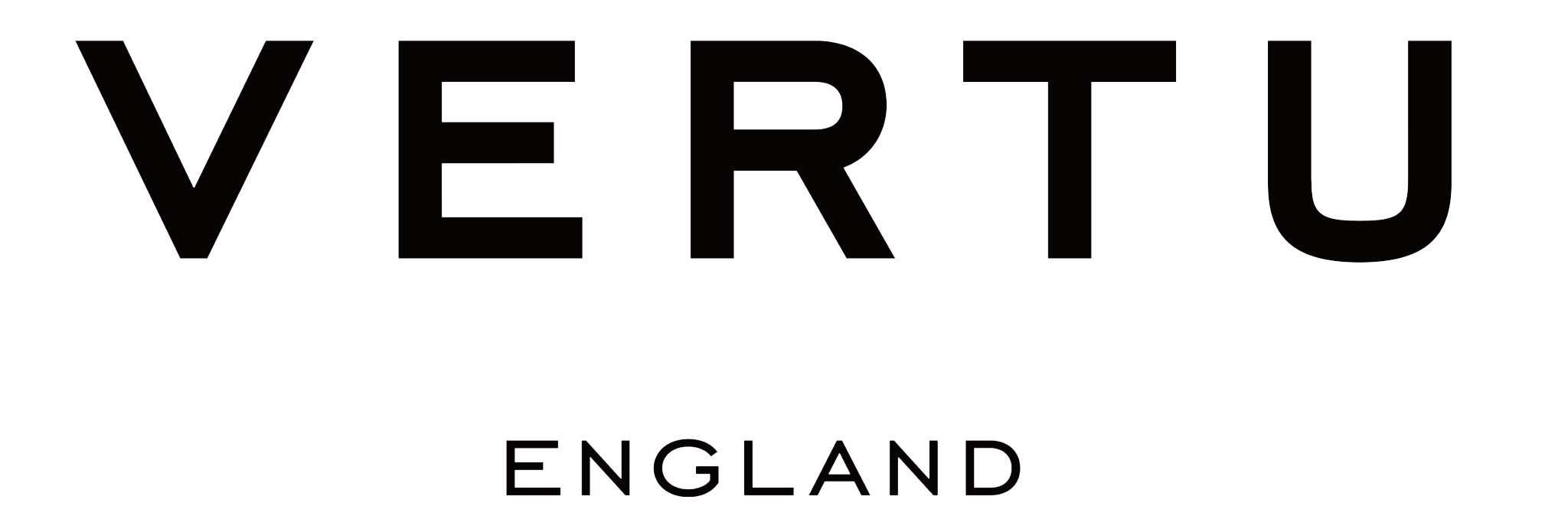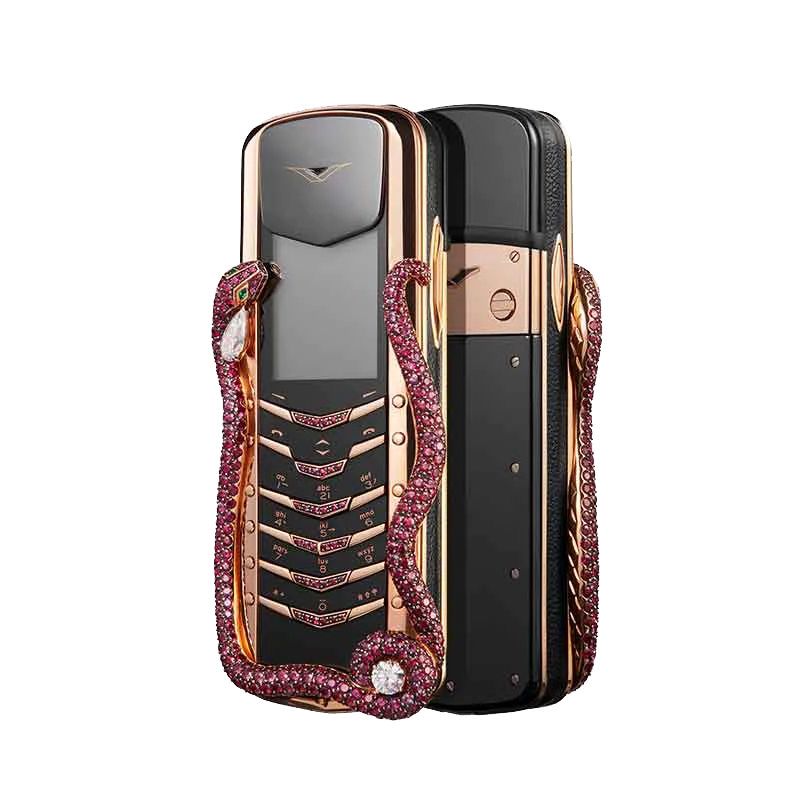The video platform Glass, which allows creators to monetize their videos as NFTs, has raised $5 million in a seed round. The round was led by TCG Crypto, a major cryptocurrency investment fund under the Chernin Group, and 1kx, an early-stage cryptocurrency fund. This is the first video-led NFT startup to receive investment from TCG Crypto, which has raised $120 million to launch a Web3 creator ecosystem. Glass is trying to bring the creator video market to Web3, providing incentives for NFT investors, creators, and fans to purchase videos with NFTs. Currently, large video platforms like YouTube and TikTok only pay creators a portion of the advertising revenue generated based on their video views. Glass’s model allows audiences to determine the monetary value of videos based on their quality. The startup allows users to unlock videos by purchasing NFTs, or fans can collect videos to watch for free and add to their NFT collections. Glass was co-founded in 2021 by three University of Chicago alumni, Varun Iyer, Sam Sendelbach, and Dayo Adeosun. The company hopes to open its platform to all creators and audiences, just like YouTube or TikTok, and leverage TCG Crypto’s relationships to expand these creator partnerships. Over the past year, the seven-person company has generated about $1 million in revenue for its creators, and the company itself has brought in about $100,000 from NFT revenue sharing. It has collaborated with artists such as Timbaland and Kygo. TCG Crypto partner Jarrod Dicker said, “We believe creators will now have a platform to build a direct connection with their most intimate fans, in a way that distinguishes them from Instagram, YouTube, and other existing video media.” The company has transitioned its interface from Ethereum to the popular blockchain platform Solana, which Iyer told the media will be faster, cheaper, and a better blockchain. Glass works with about 120 creators, mainly in the field of music videos. Iyer said that it hopes to expand its creator portfolio in the coming months to include more vlog videos, as vloggers tend to post consistently and have a loyal video community. On Monday, it will add creator profiles on its platform so that audiences can see which videos they have paid for and how much these investments have grown. They have also established a secondary market on the Glass platform so that users can buy and sell NFTs on the same interface they use to watch videos on Glass. What’s next: By the end of 2023, it hopes to collaborate with at least 10,000 creators.
Smart Token Labs’ TokenScript raises $6 million, valuation quadruples.
Kevin is still a rough beast, but as Pixelmon reveals its revamped roadmap, the rest of the artwork has been upgraded.
In summary:
Pixelmon, a Web3 gaming project that raised $70 million from primary NFT sales, has announced new leadership and development plans.
The project was widely criticized after the exposure of the artwork in February, but the original creature artwork was later replaced.
Perhaps no project embodies the excess and speculative frenzy of the NFT world more than Pixelmon, a project that raised $70 million through NFT sales, promised a Pokémon-like experience, and then revealed rough artwork that was widely criticized and generated a large number of memes.
A Pixelmon co-founder even called the art disclosure a “terrible mistake.”
A few months later, the Ethereum-based gaming project is making a comeback. Today, Pixelmon announced a new leadership team and a comprehensive overhaul of the roadmap following the recent release of upgraded artwork, transforming the rough, Minecraft-inspired models into more refined and smoother 3D creatures.
Now, Pixelmon’s developers plan to turn the collectible NFT monsters (which sold for up to 3 ETH each in the initial sale) into interoperable 3D characters that can be used in the upcoming Pixelmon online game and other metaverse games.
Pixelmon’s development was taken over earlier this year by LiquidX, a Web3 VC studio that helps build NFT-based projects. According to a press release, LiquidX acquired a 60% stake in the project, and LiquidX co-founder Giulio Xiloyannis will serve as the CEO of Pixelmon.
Initially, Pixelmon planned to launch a playable alpha version of the game by the end of 2022. According to the new roadmap, the game’s alpha testing will begin in the first quarter of 2023, and the game’s roadmap includes the future launch of virtual land NFTs, as well as separate utility and governance tokens to promote the Pixelmon economy. The full game will be launched by the end of 2023.
In addition, Pixelmon will offer a free-to-play mode that anyone can play without owning a monster NFT, currently priced at 0.36 ETH ($475) on the top secondary market OpenSea. Another Pokémon-inspired NFT game, Axie Infinity, launched its own












